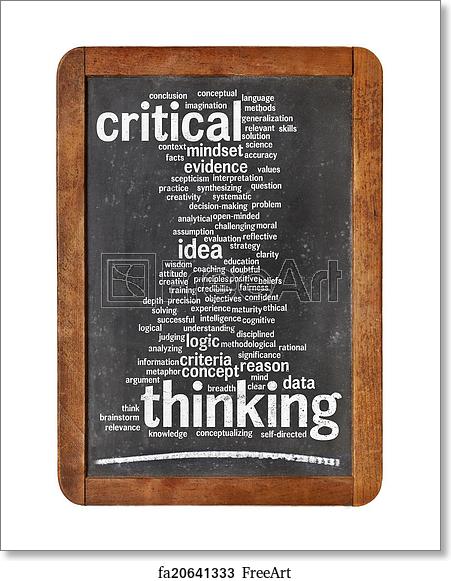This morning Colorado Governor Jared Polis signed into law HB21-1103, known as the Media Literacy Implementation bill. It authorizes the implementation of the recommendations of the media literacy advisory committee in elementary and secondary education, which was initially created by House Bill 19-1110.
 Media literacy encompasses the practices that allow people to access, critically evaluate, and create media in a variety of forms. To become media literate is not to memorize facts or statistics about the media, but rather to learn to raise the right questions about what you are watching, reading, or seeing. Children, in particular, are absorbing a vast array of media, whether parents realize it or not, and social media disinformation, in particular, may make children more vulnerable to manipulation.
Media literacy encompasses the practices that allow people to access, critically evaluate, and create media in a variety of forms. To become media literate is not to memorize facts or statistics about the media, but rather to learn to raise the right questions about what you are watching, reading, or seeing. Children, in particular, are absorbing a vast array of media, whether parents realize it or not, and social media disinformation, in particular, may make children more vulnerable to manipulation.
The bill requires the Colorado Department of Education to create and maintain an online resource bank of materials and resources pertaining to media literacy for school districts, charter schools, institute charter schools, or boards of cooperative services. At a minimum, the resource bank must include the materials and resources recommended in the media literacy advisory committee’s report.
It requires the state board of education to review and adopt revisions that implement media literacy within reading, writing, and civics standards.
While the department is in charge of the rules, it is also charged with implementing procedures that will allow comments recommending either the removal or inclusion of a material or resource within the resource bank.
The bill requires the department, upon the request of a school district, charter school, institute charter school, or board of cooperative services, and subject to available resources, to provide technical assistance to a school district, charter school, institute charter school, or board of cooperative services, with implementing policies and procedures, best practices, and recommendations related to media literacy.







This is great, I guess, but what would be even better and more effective would be laws that force Facebook and others to stop profiting by promoting lies and conspiracy theories to gullible readers who seem to believe anything they see on the internet, as long as it supports their own biases.
As long as we’re at it, let’s also bring back the Fairness Doctrine, which protected us from professional liars like Fox News and OANN, right up until the Republicans managed to get rid of it during the Regan administration.
When you see how the entire rightwing media echo chamber runs on lies, it’s not hard to understand why Republicans were opposed to the Fairness Doctrine, and it’s also not hard to see the results of its repeal. The January 6 insurrection was the direct result of the lies that rightwing media lives on and force-feeds to its loyal viewers every day, and it’s not like things are going to get any better until we force rightwing media to stop lying for a living.